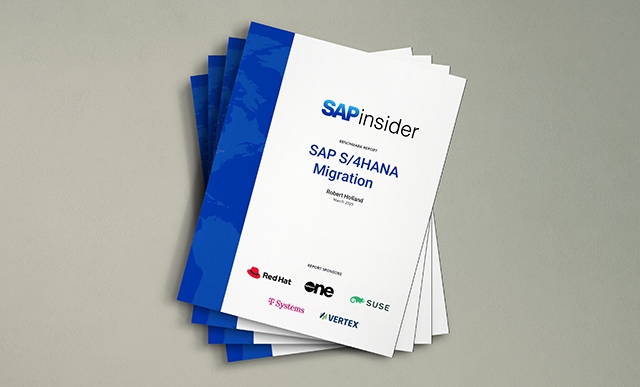The Definitive Guide to Moving SAP S/4HANA to the Cloud
Key Takeaways
⇨ Migrating to SAP S/4HANA in the cloud can enhance scalability, agility, and cost-efficiency, while also freeing up staff to focus on innovation and reducing maintenance complexities.
⇨ Organizations have multiple deployment options for SAP S/4HANA, including managed services providers, public cloud providers, and hybrid cloud environments, each offering distinct benefits like security, flexibility, and cost savings.
⇨ Planning for a cloud migration requires careful consideration of both business and technical factors, including executive support, existing system structures, cloud deployment models, and selecting the right partners and platforms for a successful transition.
If you follow the latest trends and read all the analyst papers, it seems everyone is migrating their SAP applications to the cloud — and with good reason. But what if you have still not made your decision to move to the cloud?
It may have been acceptable to delay your migration a few years ago, during those pre-Covid days before the rate of technology adoption saw an exponential spike, and at a time when digital transformation was a “nice to have.”
But today, few organizations want to admit they haven’t yet made the commitment to SAP
applications in the cloud. Because, why wouldn’t you? The benefits are irrefutable, aren’t they?
Explore related questions
If you are one of these businesses that have yet to commit, you will have the same questions that thousands of organizations are asking:
• Why should we migrate?
• What are our options if we do?
• How do we know we’re even ready for it?
• Where should we start?
• How do we know it works?
• Who can help us make the move?
SUSE is here to support you by answering these questions and many more in this definitive
guide, which also provides further support for the transition itself.
SAP in the cloud – Background to the SAP cloud transition
In the coming years, all SAP customers using SAP ERP and business applications must migrate to SAP S/4HANA, its intelligent ERP.
SAP S/4HANA runs exclusively on SAP HANA. And SAP HANA only runs on Linux, a stable, open source and innovative operating system.
SAP recently launched a new business transformation as a service, RISE with SAP, to simplify deployment on a public cloud hyperscaler.
The business focus on digital transformation for most organizations today requires cloud- based deployments. Organizations have accelerated their cloud adoption to facilitate business in an environment where most employees are working remotely.





